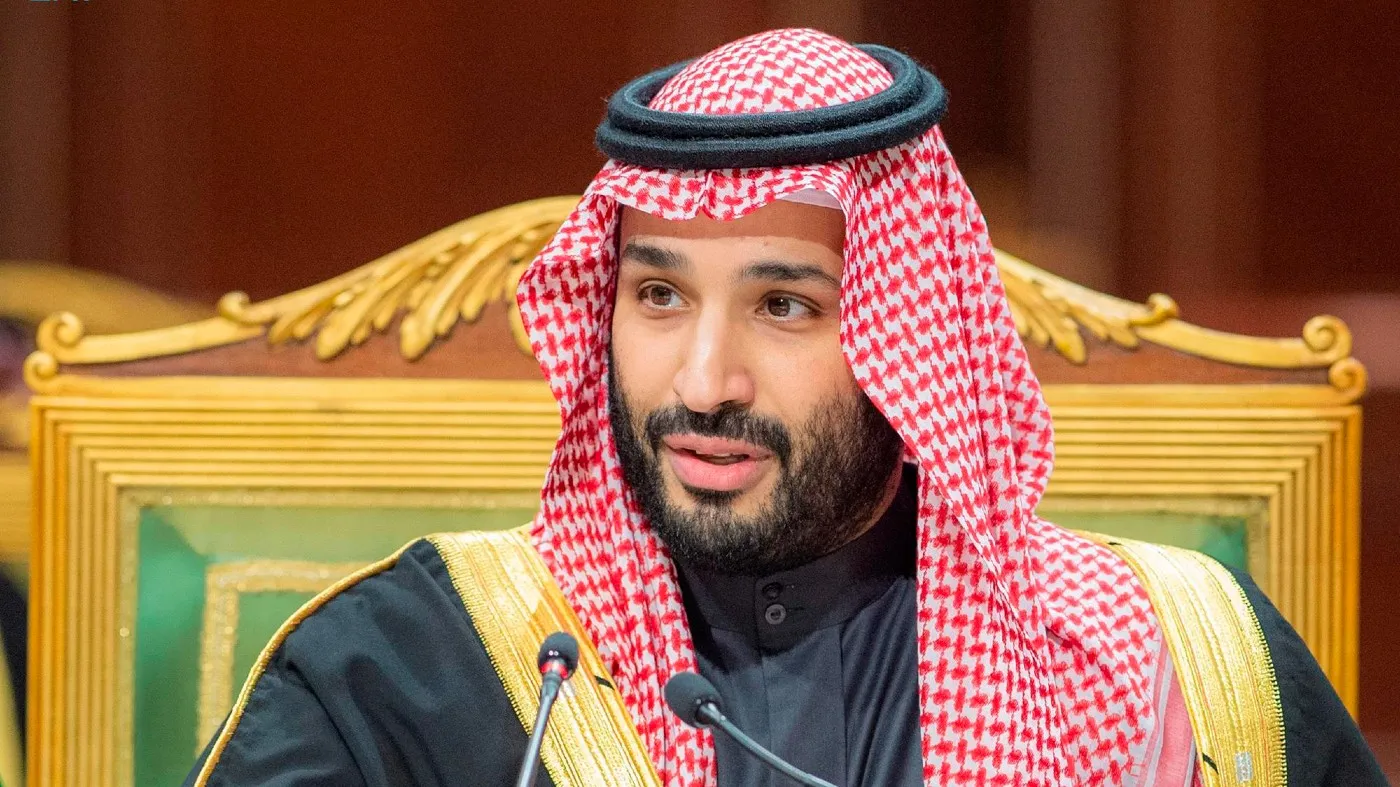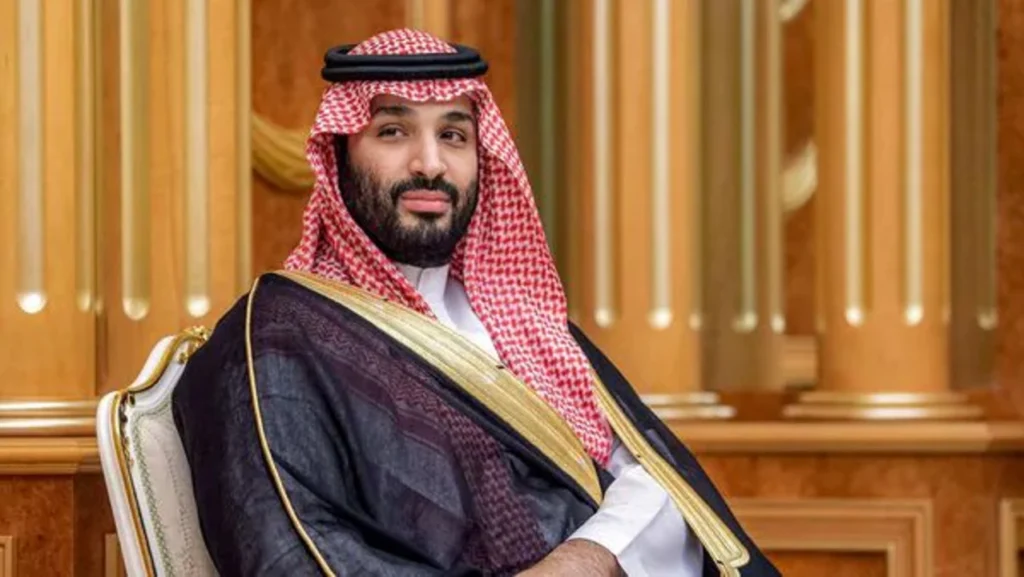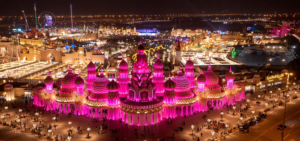
Saudi Arabia’s Crown Prince Mohammed bin Salman, commonly known as MBS, has become one of the most influential figures in the global political landscape. As the Deputy Prime Minister and Minister of Defense of Saudi Arabia, his role extends far beyond the kingdom’s borders, shaping economic, social, and political narratives on a world stage. Here’s a closer look at who he is, his vision for Saudi Arabia, and the impact he’s making both domestically and internationally.

A Rising Star
Born on August 31, 1985, Mohammed bin Salman was groomed for leadership from a young age. As the son of King Salman, his ascent to prominence was anticipated, but his rapid rise has been nothing short of extraordinary. Appointed as Crown Prince in 2017, MBS quickly became known for his ambitious reforms and his drive to transform Saudi Arabia.
Vision 2030: A Bold Ambition
One of MBS’s most significant contributions is the Vision 2030 initiative, a sweeping plan aimed at diversifying Saudi Arabia’s economy away from its dependence on oil. Announced in 2016, Vision 2030 focuses on various sectors including tourism, entertainment, and technology. The initiative seeks to boost non-oil revenue, create job opportunities, and position Saudi Arabia as a global economic player. Under this plan, the kingdom has invested heavily in large-scale projects like NEOM, a futuristic city meant to be a global hub for innovation and sustainability.
Social Reforms and Cultural Shifts
Beyond economic reforms, MBS has also spearheaded significant social changes in Saudi Arabia. His tenure has seen historic shifts such as granting women the right to drive and loosening restrictions on public entertainment. These changes are part of a broader effort to modernize Saudi society and make it more attractive to international investors and tourists. The introduction of events like music festivals, film screenings, and sports events marks a dramatic departure from the kingdom’s previous cultural policies.
Challenges and Controversies
Despite these advancements, MBS’s leadership has not been without controversy. The Crown Prince has faced criticism over human rights issues, including the detention of political activists and the alleged involvement in the murder of journalist Jamal Khashoggi. These controversies have sparked global debates about the balance between reform and repression in Saudi Arabia’s modernization efforts.
Global Influence and Diplomacy
On the international stage, Mohammed bin Salman has made waves through his diplomatic engagements and strategic partnerships. His efforts to strengthen ties with various countries, including the United States and China, reflect Saudi Arabia’s strategic interests and MBS’s role in shaping global geopolitics. His leadership style and assertive approach have made him a central figure in Middle Eastern politics, influencing regional alliances and economic strategies.
Looking Ahead
As Saudi Arabia continues to evolve under Crown Prince Mohammed bin Salman’s leadership, the world watches with keen interest. His ambitious plans for economic diversification, social reform, and international diplomacy represent a transformative period for the kingdom. While challenges and criticisms persist, MBS’s vision for Saudi Arabia’s future is undeniably bold and significant. How the kingdom navigates these changes will be crucial in shaping not just its own future, but also its role on the global stage.
In summary, Crown Prince Mohammed bin Salman stands as a pivotal figure in contemporary global politics. His leadership is marked by a blend of visionary goals and complex challenges, making him one of the most fascinating and consequential leaders of our time.
For More Visit – Biographyocean.in




